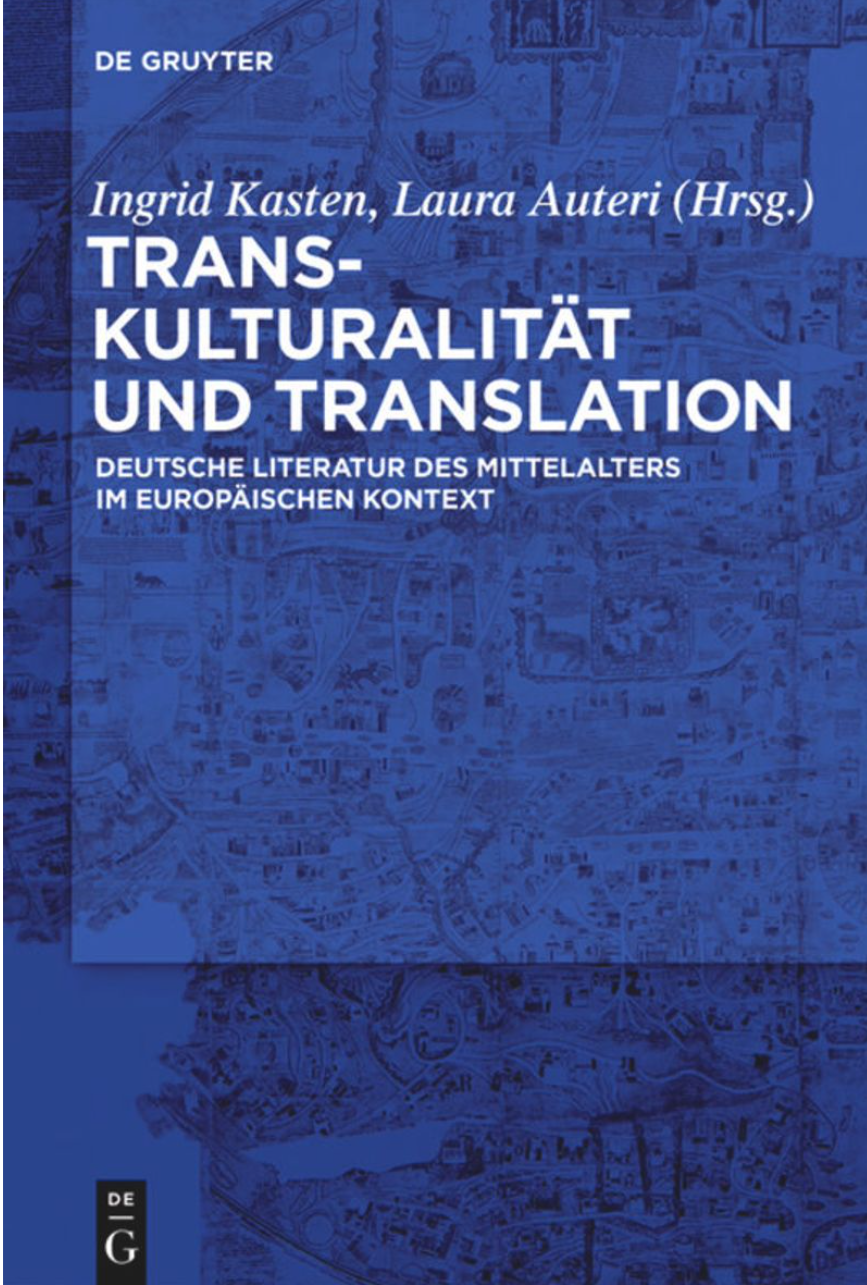
In Kasten, Ingrid & Laura Auteri (eds.) Transkulturalität und Translation. Deutsche Literatur des Mittelalters im europäischen Kontext, 243–252. Berlin: De Gruyter.

In Kasten, Ingrid & Laura Auteri (eds.) Transkulturalität und Translation. Deutsche Literatur des Mittelalters im europäischen Kontext, 243–252. Berlin: De Gruyter.
“‘Contradiction is the prison of difference‘ writes the French philosopher Gilles Deleuze. Worlds of Contradiction asks: how can we explain and describe the world without making it more coherent and systematic than it is?”
Michi Knecht
“Foucault speaks of contradiction as l’illusion d’une unité.”
Ingo H. Warnke
“The imperative of non-contradiction generally produces a coherence in thought that is often at odds with social complexities.”
Yan Suarsana
“Contradiction comes in many different forms. None is so debilitating than when the coloniser transitions, textually not politically, to decoloniality without taking the responsibility for the afterlife of colonialism, which they continue to benefit from. Self-examination and self-interrogation of the relations of coloniality, a necessity, seem nearly impossible for the coloniser who continues to act as beneficiary, masked in the new-found language of White fragility, devoid of an ethical responsibility of the very system of White domination they claim to be against.” (Black Consciousness and the Politics of the Flesh)
Rozena Maart
“Geography as a discipline stands for a certain worlding, if not earthing, of contradiction, in both theoretical and pracitcal respect.”
Julia Lossau